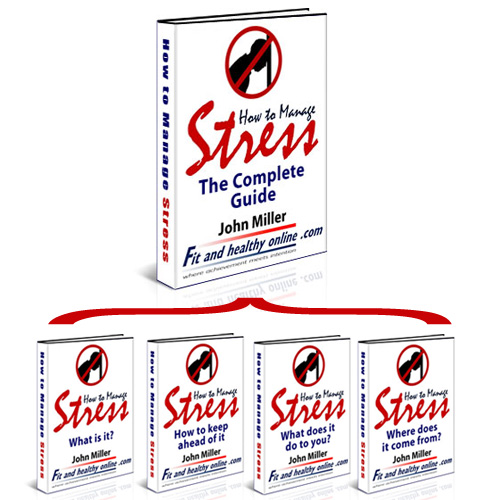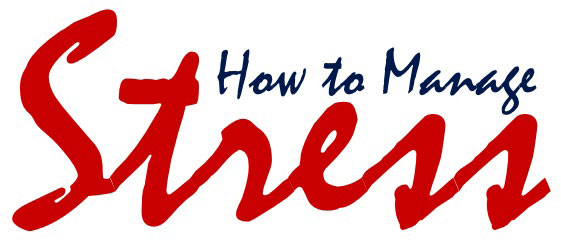
It seems to afford a kind of pleasure to this generation to look on itself as the victim of high pressure.
…… The root of the matter is that neither modern life nor the urban life is to be blamed indiscriminately for what is popularly denominated nervous strain. If certain factors at present little studied and poorly understood are tending to increase disease of a nervous type, they may be individual more commonly than has been supposed.
American Medical Journal 5th August 1905
So there you have it. Stress has been around for a long time.
A lot of people got it and a lot of people got over it.
The ‘How to Manage Stress’ series of ebooks tackles the key issues involved in dealing with stress.
[ezcol_1quarter]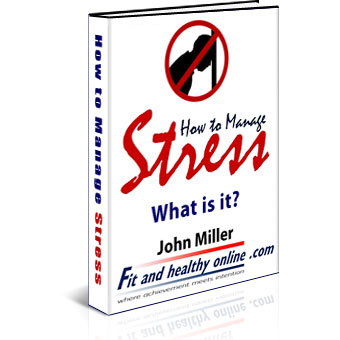 [/ezcol_1quarter] [ezcol_1quarter]
[/ezcol_1quarter] [ezcol_1quarter]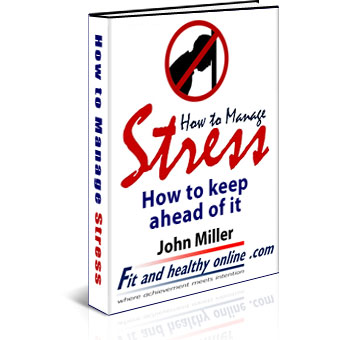 [/ezcol_1quarter] [ezcol_1quarter]
[/ezcol_1quarter] [ezcol_1quarter]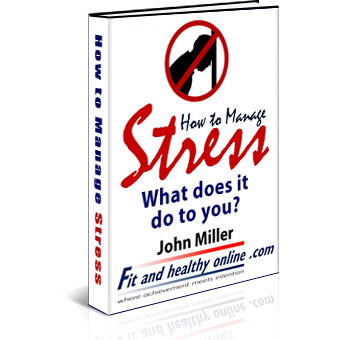 [/ezcol_1quarter] [ezcol_1quarter_end]
[/ezcol_1quarter] [ezcol_1quarter_end]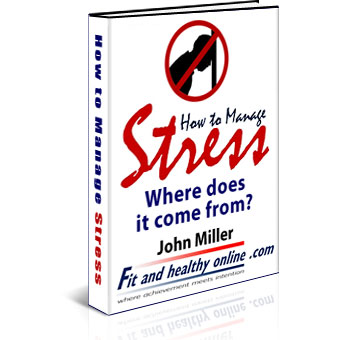 [/ezcol_1quarter_end]
[/ezcol_1quarter_end]
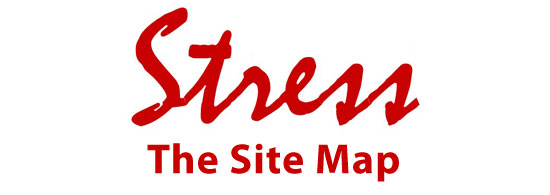
First up, the stress site map so you can get an idea of what you’re dealing with.
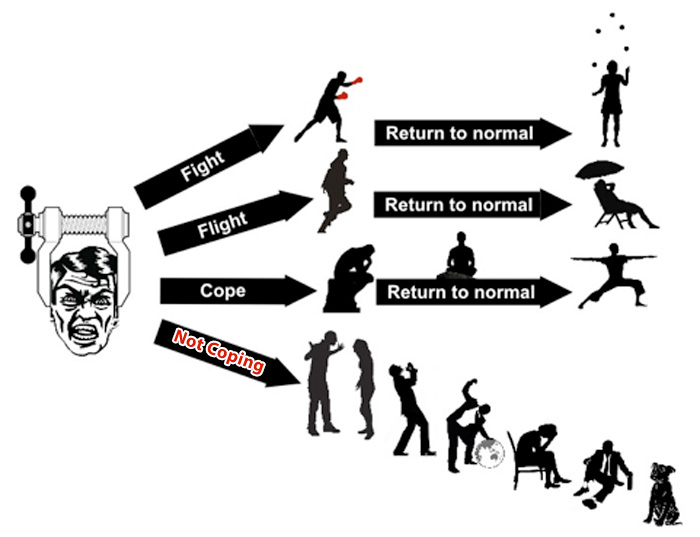
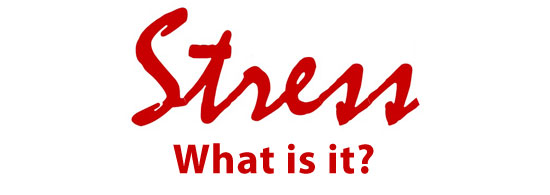
‘Stress’ is difficult concept to define. In fact it’s like defining the wind, which we tend to do by describing the feeling we have when we experience it.
We find it easier to characterize stress by its symptoms rather than what it actually is or what causes it. This is what makes it difficult for the medical industry to deal with it. It’s not caused by a lack of Zoloft.
When we’re stressed we use all sorts of language to express how we feel, by way of cliché, metaphor and simile.
[ezcol_1third] I’m up to my neck in alligators[/ezcol_1third] [ezcol_1third]
I’m up to my neck in alligators[/ezcol_1third] [ezcol_1third]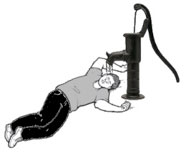 I’m under the pump.[/ezcol_1third] [ezcol_1third_end]
I’m under the pump.[/ezcol_1third] [ezcol_1third_end] There’s no light at the end of the tunnel[/ezcol_1third_end]
There’s no light at the end of the tunnel[/ezcol_1third_end]
Stressed Out In Physics Class!
We can learn about what stress is from the world of physics where Hooke’s Law states that, ‘… when objects are stretched beyond their elastic limit they don’t return to their normal shape.’
Stress is being stretched beyond your elastic limit – due to extra-ordinary events and circumstances beyond those that we normally deal with.
You’ll hear people say, ‘I’ve reached my breaking point.’ When they’ve gone past their breaking point they’ll say, ‘I’ve snapped.’
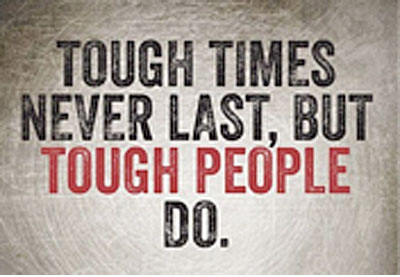
Other words from the world of physics that are used to describe stress include, pressure, force, strain and tension.
What’s different about humans is that even after a period of severe stress, they can usually manage to ‘get back to normal’. In fact, getting through a tough time makes a lot of people tougher.
This is an ongoing theme in the How to Manage Stress series of ebooks. If you know your enemy and you know yourself, there’s a good chance that you’ll come out ahead.
So, in the first ebook we’ll provide you with a broad definition of stress so you now exactly what and who you’re dealing with.



The Good The Bad And The Ugly
in 1936, endocrinologist Hans Selye defined two types of stress that affect human beings, calling the good stress ‘eustress’ and the bad stress, ‘distress’.
We experience eustress when we’re working towards a goal, creating a masterpiece, stretching ourselves into the future, facing a challenge we are up to meeting. We’re alert, energized, switched on and resourceful.
There is flow, and the satisfaction that comes with achievement.
But when we exceed our ‘elastic limit’, eustress turns to distress, leaving us feeling fatigued, tense, anxious, burnt out, overwhelmed and sleepless. Flow is replaced by struggle.
The Peak Performance Curve
One of life’s great challenges is to keep in the peak performance zone.
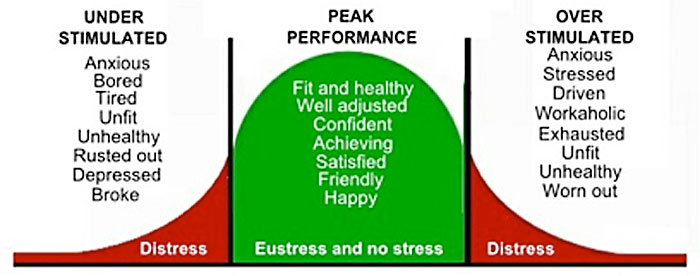
I’ll provide you with solutions that propel you into the peak performance zone.
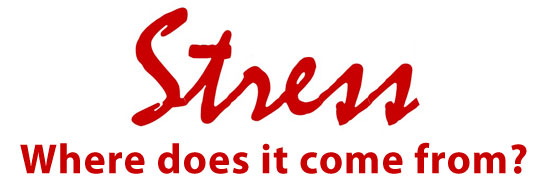
In a nutshell stress comes from our environment, our head and the organs inside our torso.
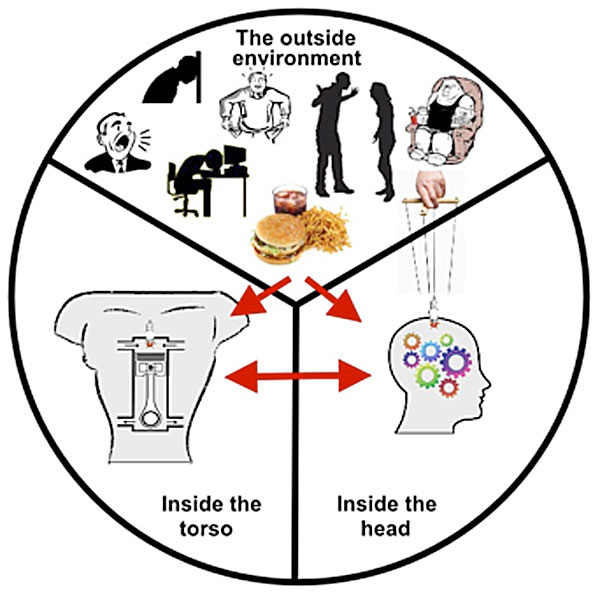
In fact it comes from all over: Take your pick.
Part 2 of How to Manage Stress has chapters on the following topics.
[ezcol_1half]
- Not getting what you want
- Beating your head against a brick wall
- Not knowing what you want
- Not thinking
- Illogical thinking
- Confined thinking
- Irrational thinking
- Running rackets on yourself
[/ezcol_1half] [ezcol_1half_end]
- Procrastination
- Anxiety about the past, present & future
- Fear
- Lack of understanding
- Beliefs that hold us back
- Perception deficiency disorder
- Negative, junk and turbulent environments
[/ezcol_1half_end]
If that’s not enough, add metabolic dysfunction – your body is in poor shape. If you’re metabolic engine is not highly tuned it can have a dramatic affect on the way you feel and how you cope with your internal and external worlds.
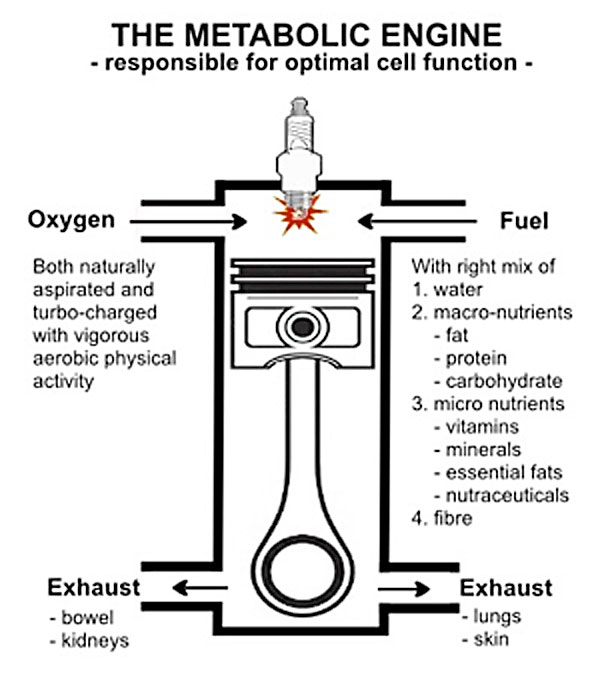
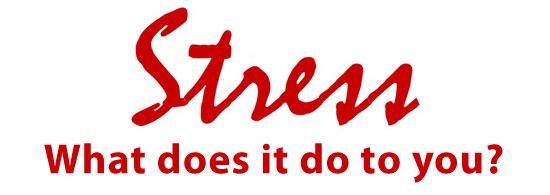
You’ll know stress by its symptoms.
If you want to know what stress is doing to you, print off and complete the Health Climate Survey.
Circle the number appropriate to the degree to which you experience the symptoms on the left hand side of the page. The greater the symptom, the higher the score. Total the score at the bottom of the page.
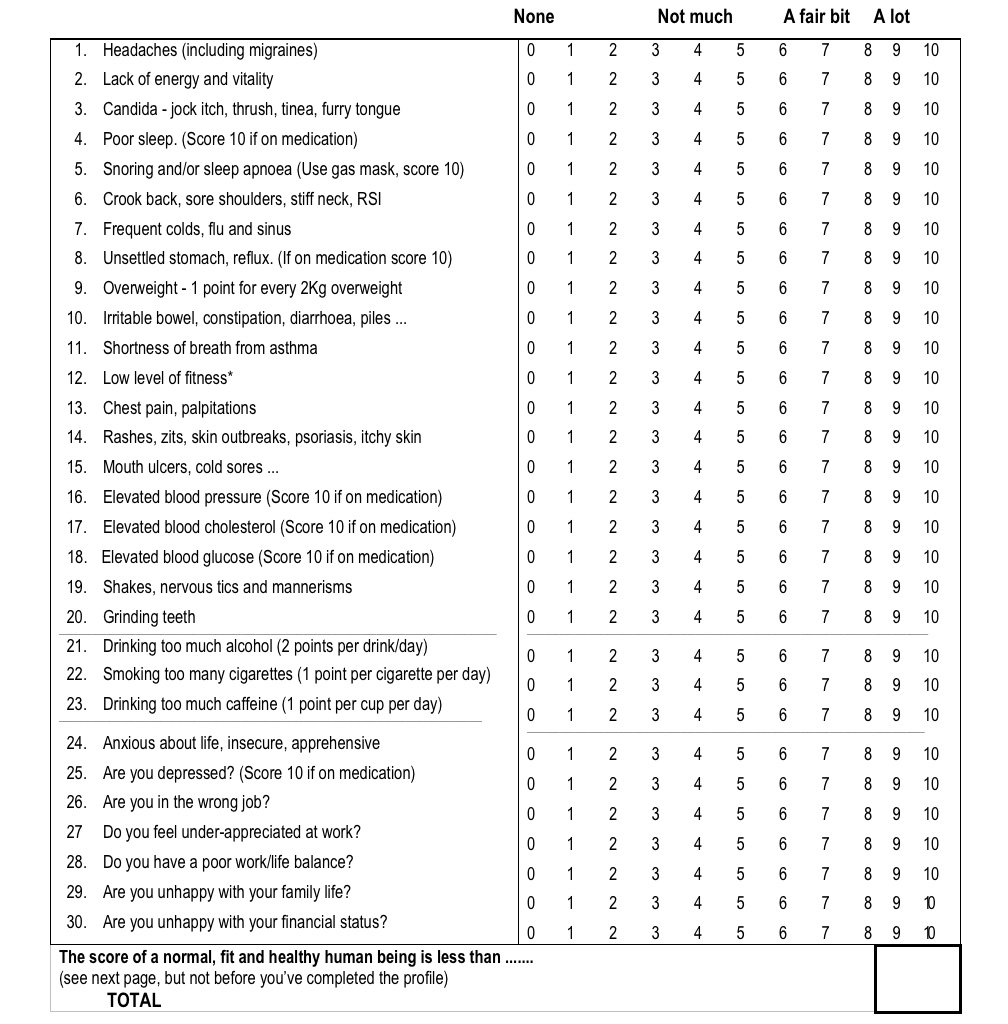
A good score is less than 20. Scoring more than 50 is an indication that you’re suffering from stress. Over 80 is a lot of stress.
In Part 3 of the How to Manage Stress ebook you can find out more about your results.
In a nutshell stress gets picked up by that part of your sub-conscious mind known as the autonomic nervous system and transmitted to different parts of your body. There are compelling reasons to
- keep your body in good physical condition and
- get your thinking straight.
It’s the key points in the How to Manage Stress series of ebooks.
Always keep in mind what Epictetus’ said 2000 years ago, ‘People are not disturbed by things, but by the view they take of them.’
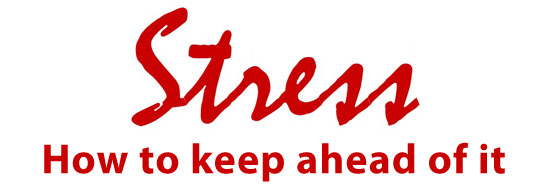
In Part 4 of the How to Manage Stress series of ebooks, I’ll take you through the list of things you can do to both relieve and keep ahead of stress.
Here’s a few of them:
[ezcol_1half]
- Stay in the peak performance zone
- Focus on the internal
- Replace the failure program
- Work out what’s generating your stress
- Change negative beliefs to positive beliefs
- Clean up your act
- Keep yourself physically fit
- Look after your diet
- Reduce your chemical intake
- Cool down your sympathetic nervous system
- Warm up your para-sympathetic nervous system
- Meditate
[/ezcol_1half] [ezcol_1half_end]
- Get a good night’s sleep
- Distract yourself from being busy and miserable
- Take regular holidays
- Listen to relaxing music
- Have a good laugh
- Look after your family
- Look after your career
- Build on your intelligence strengths
- Look after your finances
- Seek out social support
- Don’t try to do everything on your own
- Do the things that happy people do
[/ezcol_1half_end]
Why Four Books?
The four ebooks in the How to Manage Stress series add up to over 130 pages. Downloading all that in one go is a big ask for a lot of modems.
So four books it is, delivered to your computer in pdf format at the click of mouse.
Now Here’s Our Offer Today
FREE EBOOK
Like most things you won’t know what it is until you’ve seen it – or done it.
To give you a taste of what’s in the How to Manage Stress series of ebooks I want to give you a copy of the first book, ‘Stress What is It?’
Just click on the FREE Add To Cart Button and check out and it’s yours to download for free, gratis, with my compliments, no strings attached.
You’ll be able to get a good idea of the approach I’ve taken and be able to read through the contents of the other three books.
You can purchase all of the How to Manage Stress ebooks for
![]()
In the meantime here’s to a life full of stress that you can handle and benefit from.
John Miller

